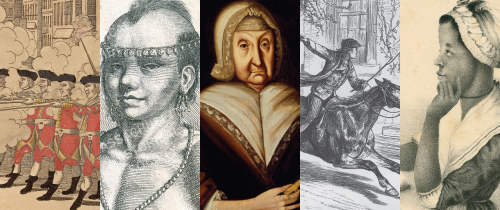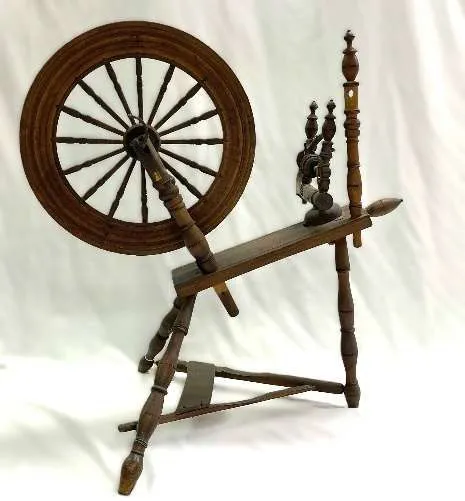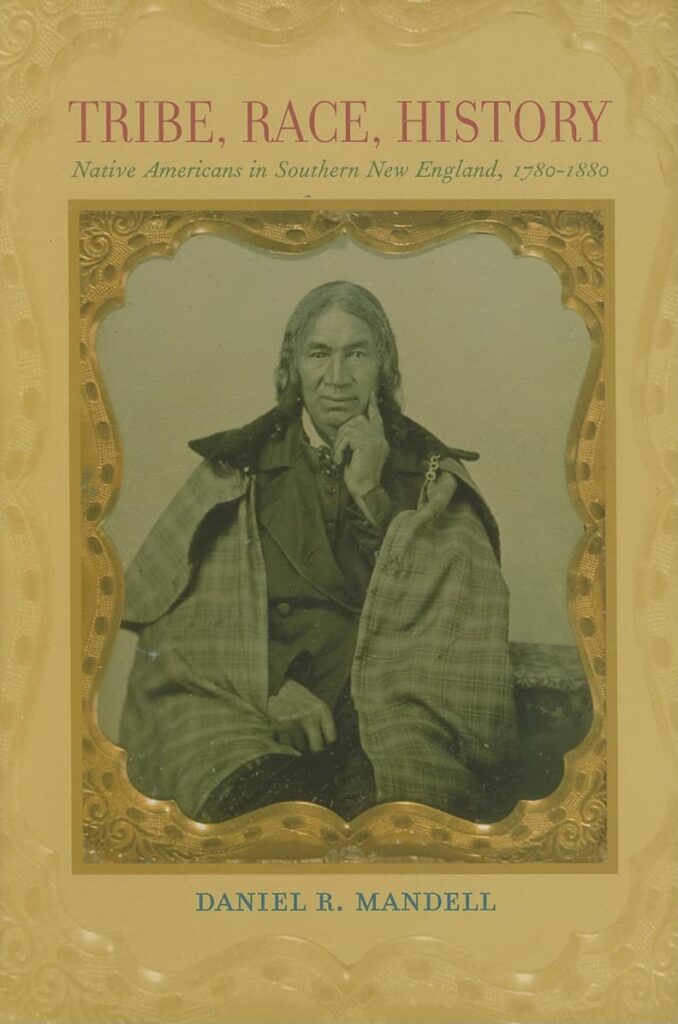
- This event has passed.
Indigenous Identity and King Philip’s War
December 6, 2022 @ 5:00 pm - 6:15 pm
Free
Authors: Ruth Herndon, Bowling Green State University; Joanne Jahnke-Wegner, University of Wisconsin, Eau Claire
Comment: David Silverman, George Washington University
This panel discusses the cultural and racial identities of Indigenous people during King Philip’s War (1675-76). Ruth Herndon’s paper studies a group of 32 Indigenous children, raised as “praying Indians”, who were eventually surrendered to the English at the end of the conflict. This particular group’s binding stresses the children’s association with praying towns and shows how those towns were replaced by individual English households, where the work of cultural conversion continued under new colonial supervision. Joanne Jahnke-Wegner’s paper examines how the English process of enslaving Indigenous people contributed to their racialization during King Philip’s War. Jahnke-Wegner argues that English colonists used a combination of material and intellectual practices to facilitate and justify enslavement of Indigenous peoples. Colonizers combined martial violence with legal, biblical, and cultural discourses, as well as the logic of the market, to create a system of enslavement that enabled the English to transform Native trading partners, political allies, students, and Christian converts into servants, slaves, commodities, and racialized others.
The Pauline Maier Early American History Seminar invites you to join the conversation. Seminars bring together a diverse group of scholars and interested members of the public to workshop a pre-circulated paper. Learn more.
Purchasing the $25 seminar subscription gives you advanced access to the seminar papers of all seven seminar series for the current academic year. Subscribe at www.masshist.org/research/seminars. Subscribers for the current year may login to view currently available essays.
This is an online event. Register to attend online
The virtual seminar begins at 5:00 PM and will be hosted on the video conference platform, Zoom. Registrants will receive a confirmation message with attendance information.



